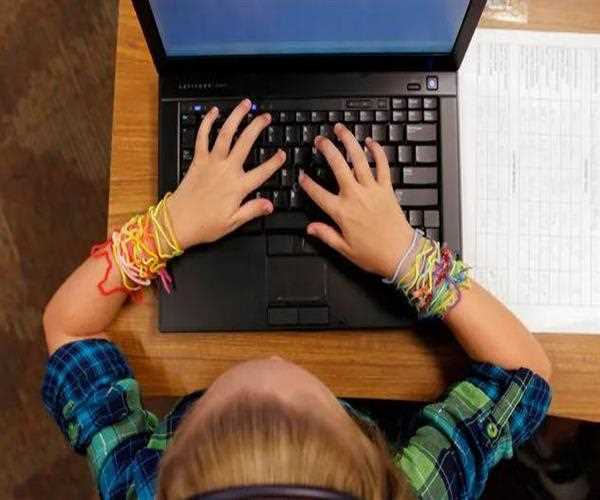
09-May-2020
Broadband Internet Is The Lifeline For USA During Corona Pandemic
During the Great Depression, individuals sat tight in bread lines for food. In the present financial emergency, the web powered by broadband internet is frequently the pathway for alleviation.
Online is the place individuals attempt to keep or look for some kind of employment. How they see their primary care physician or apply for jobless advantages. How they request food and supplies. Where they discover comfort through confidence or giggling through the amusement. For some, it's the manner in which they associate with loved ones, and remain side by side of the news.
For many kids and college understudies, the fast web is their lone method for proceeding with instruction in a period of remote learning.
But many million individuals in America are successfully denied a spot in this advanced bread line since they can't manage or don't approach rapid web. Most are in rustic zones. What's more, the issue is especially offensive inside the country's innate grounds, where almost 33% of Native Americans need broadband access.
The outcome is that individuals appear to evaporate, as 4,500 understudies of the Jefferson County Public School District for Louisville, Ky., who vanished from separation learning programs after the COVID-19 episode kept kids home. Most by far of them are poor. Some are destitute. Many come up short on the rapid access important to "join in" online classes, or take and turn in school assignments.
Somewhere in the range of 7 million young youngsters in the U.S. live in homes without web during an emergency when almost all states have requested or encouraged schools to close. President Donald Trump needs the following coronavirus upgrade bill committed to some degree to foundation to produce employments and lift the economy, and Democrats are looking for $80 billion to at last connection country and devastated areas with the rapid web.
Much as the government got the power to country territories earlier decades, endorsing that help bundle would be an incredible method to limit the advanced gap. Still more should be possible for the time being.
The Federal Communications Commission has found a way to protect open online access. The highlight is a Keep Americans Connected Pledge in which web access suppliers have concurred, in any event incidentally, to a few constrained strides to keep Americans associated during the pandemic. Comcast and different organizations have finished expanded web get to.
The FCC and its executive, Ajit Pai, could accomplish more. The commission could extend the Lifeline program that helps low-salary Americans buy broadband access. The $9.25-per-month endowment is dated, and the office could twofold it with unspent Lifeline spending reserves.
Congress could support it to a market-fitting $50-per-month sponsorship with an extra $8 billion in subsidizing, permitting low-salary clients to get to something other than cell phone administrations, which are unreasonable for a youngster's schoolwork needs.
The commission could likewise briefly slacken Lifeline rules to permit any of the 33 million Americans looking for joblessness and employments to get rapid web get to.
School regions edgy to reconnect with "lost" understudies are loaning out iPads and setting up Wi-Fi hotspots at football fields. The FCC could help. It has more than $2 billion in its E-Rate training reserve set up to expand broadband for K-12 study halls.
By widening that definition to incorporate where the study halls are viably are presently — in the youngsters' homes — the FCC could utilize that cash as proposed. The computerized separate is an unnatural birth cycle in the best of times. During a national emergency, it's insufferable.

Content Writer/Journalist
I am a content writter !
Join Our Newsletter
Subscribe to our newsletter to receive emails about new views posts, releases and updates.
Copyright 2010 - 2026 MindStick Software Pvt. Ltd. All Rights Reserved Privacy Policy | Terms & Conditions | Cookie Policy